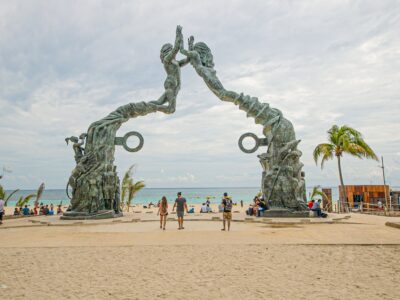The Abrego Garcia deportation controversy has become a focal point in U.S.-El Salvador relations, highlighting legal, diplomatic, and moral complexities.
Kilmar Abrego Garcia, a Salvadoran man, was deported from the U.S. to El Salvador despite a 2019 court order protecting him from removal. This deportation, later deemed illegal by the U.S. Supreme Court, has sparked intense debate.
Abrego Garcia, a father of three, had been living in Maryland before his deportation. Allegations of gang affiliation with MS-13 were central to his case, though his legal team strongly denies these claims. The evidence cited included his clothing and a confidential informant’s testimony, which critics argue were insufficient and unsubstantiated. Despite this, an immigration judge ruled against him in 2019, and he was deported in 2025 due to what the Justice Department later called an “administrative error.”
The Supreme Court ruled the deportation unlawful, directing the U.S. government to facilitate his return. However, El Salvador’s President Nayib Bukele has refused to comply, stating that returning Abrego Garcia would be akin to smuggling a terrorist into the U.S. Bukele has been firm in his stance, emphasizing his country’s sovereignty and rejecting what he perceives as unreasonable demands.
Former U.S. President Donald Trump, during his administration, defended the deportation policy and Bukele’s cooperation in housing deportees in Salvadoran prisons. Trump criticized the media and legal challenges, framing deportation as a necessary measure against crime. His administration maintained that the deportation was justified despite the Supreme Court’s ruling, with officials arguing that U.S. foreign policy is determined by the president, not the courts.
The controversy has drawn criticism from human rights advocates and legal experts, who argue that the deportation violated due process and international norms. Abrego Garcia’s case underscores broader issues in U.S. immigration policy, including the treatment of deportees and the balance between executive authority and judicial oversight.
As the legal battle continues, the case remains a symbol of the challenges in navigating immigration policy and international relations. It raises questions about accountability, human rights, and the role of diplomacy in resolving such disputes.
The post The controversy around the deportation of Kilmar Abrego Garcia has intensified first appeared on The Yucatan Times.














